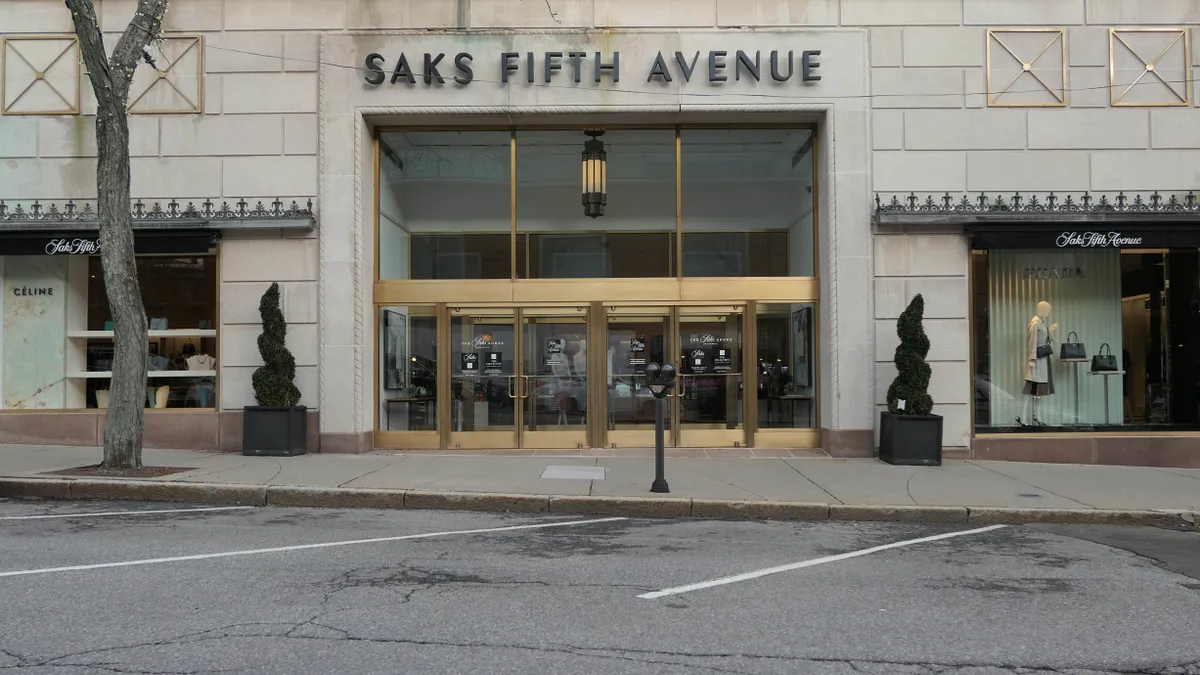Dive Brief:
-
UPDATE: After a backlash, Saks Fifth Avenue Monday said it's withdrawing its position that it had the right to discriminate against a transgender worker even as it asserted that the retailer is a strong advocate of LGBT rights.
-
An employee of a Houston Saks store in December sued the company alleging that she was harassed, made to use the men’s room, told to dress more masculinely, and ultimately was fired over her identity.
-
UPDATE: Saks had argued that sex-discrimination law doesn’t apply to transgender people. So far, the U.S. Justice Department, the Equal Employment Opportunity Commission, and some courts have disagreed, but there is no clear-cut law on the matter. New York’s attorney general’s office has sent the retailer a letter saying it will investigate the retailer’s treatment of transgender people.
Dive Insight:
UPDATE: Saks Fifth Avenue had staked out a position, not that it didn’t discriminate against its Houston store employee, but that it has the right to under discrimination law. That, even as parent company Hudson Bay CEO Gerald L. Storch says, “It’s preposterous to think that in any way Saks Fifth Avenue is anything but a strong advocate for L.G.B.T. rights.”
The backlash is a sign of how far sentiment in this area has moved swiftly in favor of transgender rights, in many ways more swiftly than the law itself.
As noted previously, the retailer’s legal position claiming that it could lawfully discriminate against transgender employees tested the area of transgender rights. It had also caught the attention of the New York state attorney general office’s civil rights division and run afoul of positions taken by the Justice Department, the Equal Employment Opportunity Commission, and some lower courts.
The law isn’t clear, though, and the Saks legal team had (until Monday) seized on that, asserting that “it is well settled that transsexuals are not protected.” The employee, who filed her lawsuit in December, is challenging the retailer’s legal request to dismiss her suit. This will continue to be closely watched by the LGBT community, legal scholars, employment advocates, and retailers.















